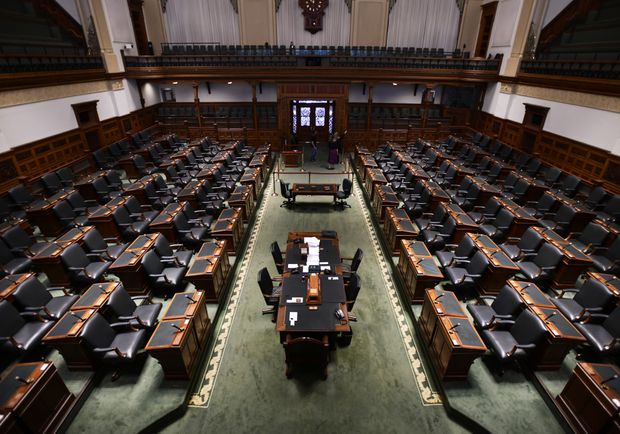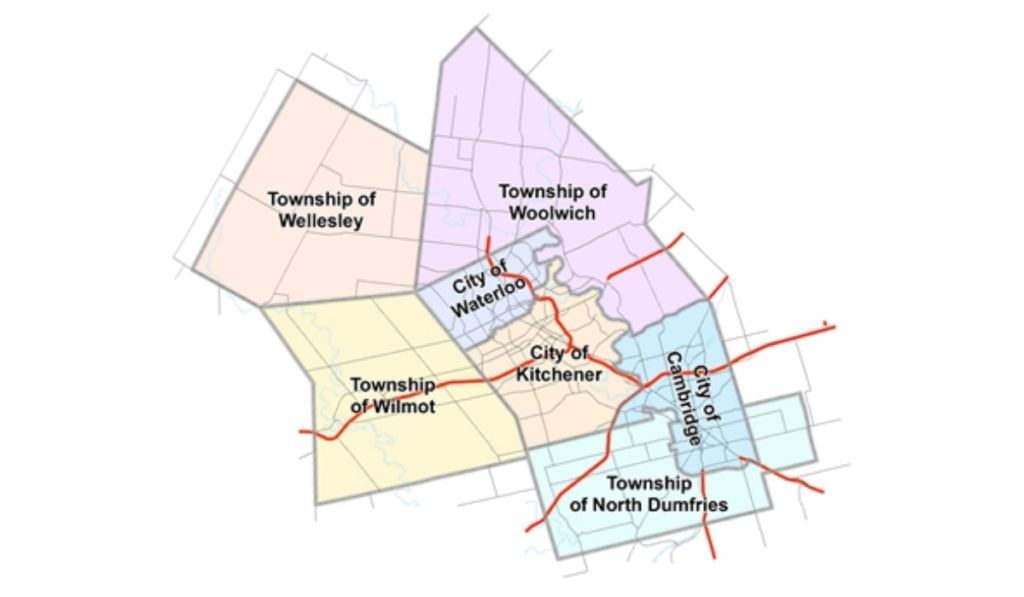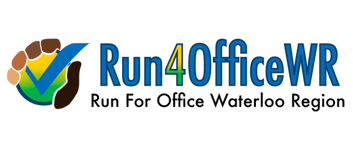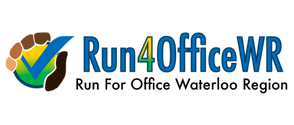CIVICS 101 :
Federal, Provincial & Regional Information Resources
Introduction to Civics 101
Canada is a federal state, a parliamentary democracy and a constitutional monarchy. Read more about this at How Canadians Govern Themselves, in the Canadian Citizenship Study Guide.
There are federal, provincial, territorial and municipal governments in Canada. The responsibilities of the federal and provincial governments were defined in 1867 in the British North America Act, now known as the Constitution Act, 1867.

Federal State
Parliamentary Democracy
Parliament has three parts: the Sovereign (Queen or King), the Senate and the House of Commons. Provincial legislatures comprise the Lieutenant Governor and the elected Assembly.
In the federal government, the Prime Minister selects the Cabinet ministers and is responsible for the operations and policy of the government. The House of Commons is the representative chamber, made up of members of Parliament elected by the people, traditionally every four years. Senators are appointed by the Governor General on the advice of the Prime Minister and serve until age 75. Both the House of Commons and the Senate consider and review bills (proposals for new laws). No bill can become law in Canada until it has been passed by both chambers and has received royal assent, granted by the Governor General on behalf of the Sovereign.
Some of the responsibilities include:
National Defense
Foreign Policiy
Policing
Criminal Justice
International Trade
Aboriginal Affairs
Immigration (shared)
Agriculture (Shared)
Environment (Shared)

Members of Parliament
Some Key Issues
- Affordable housing and homelessness
- Indigenous concerns (Land Back Camp, Land acknowledgments)
- Cost of living in general
- COVID-19 impacts
Election Results
Visit Election Canada's election results page:
https://www.elections.ca/content.aspx?section=ele&dir=pas&document=index&lang=e

Ontario’s Parliament is unicameral, similar to other Canadian provinces, having one Legislative Chamber. It is comprised of the 124 elected Members of Provincial Parliament (MPPs), and the Monarch represented by the Lieutenant Governor of Ontario. Each MPP represents a geographical area of the province, called an electoral district, riding or constituency. In parliament, Members of Provincial Parliament represent their constituents and participate in the legislative process – they introduce bills, propose amendments to current legislation, and vote on bills and motions. MPPs also present petitions on behalf of their constituents and bring forward issues related to their own riding. Ontario is the only province in Canada to use the term Member of Provincial Parliament (MPP) for its elected provincial representatives.
The proceedings in the Legislative Assembly of Ontario are conducted according to the Standing Orders. Government is the administrative body who sets policy and consists of the Premier, and the executive Council (Cabinet). The party that elects the greatest number of members forms the provincial government.
Some of the responsibilities include:
Education
Health Care
Natural Resources
Highways
Policing
Property & Civil Rights
Immigration (Shared)
Agriculture (Shared)
Environment (Shared)

Members of Provincial Parliament
Some Key Issues
- Affordable housing and homelessness
- Indigenous concerns (Land Back Camp, land acknowledgments)
- Cost of living in general
- COVID-19 impacts
Election Results
Visit Election Ontario's results page here:

Below the provincial level, local activism means local impact. If you wish to have the greatest impact on your community, consider running in municipal elections, rather than federal/provincial elections.
Municipalities are normally responsible for urban or regional planning, streets and roads, sanitation (such as garbage removal), snow removal, firefighting, ambulance and other emergency services, recreation facilities, public transit and some local health and social services.
Some Key Issues
- Affordable housing and homelessness
- Indigenous concerns (Land Back Camp, Land Acknowledgments)
- Cost of living in general
- COVID-19 impacts
- School Boards: Equity, Diversity, and Inclusion content in libraries.
Election Results (2022)
Region of Waterloo Map

The Waterloo Region is situated on the Haldimand Tract. Lands that were granted to the Six Nations of the Grand River, and are within the territory of the Haudenosaunee, Anishinaabe, and Neutral People.
Live in Waterloo Region
Square kilometers of land
Identify as Black

Municipal Information
City of Cambridge
- Mayor - Jan Liggett
- Councillors - 10 Members
- Population - 146, 566
- Election Results (2022) - Click here
City of Kitchener
- Mayor - Berry Vrbanovic
- Councillors - 10 Members
- Population - 282,375
- Election Results (2022) - Click here
City of Waterloo
- Mayor -Dorothy McCabe
- Councillors - 7 Members
- Population - 129,054
- Election Results (2022) - Click here
Township of North Dumfries
- Mayor -Sue Foxton
- Councillors - 4 Members
- Population - 10,619
- Election Results (2022) - Click here
Township of Wellesley
- Mayor - Joe Nowak
- Councillors - 4 Members
- Population - 11,318
- Election Results (2022) - Click here
Township of Wilmot
- Mayor - Natasha Salonen
- Councillors - 5 Members
- Population - 22,157
- Election Results (2022) - Click here
Township of Woolwhich
- Mayor - Sandy Shantz
- Councillors - 5 Members
- Population - 27,000
- Election Results (2022) - Click here
School Board Information
Waterloo Region District School Board
- 11 Trustees
- Cambridge + North Dumfries: 3
- Kitchener: 4
- Waterloo + Wilmot: 3
- Wellesley + Woolwich: 1
- 16 high schools + 107 elementary schools
Voting Results (2022): Click Here
Waterloo Catholic District School Board
- 9 Trustees
- Cambridge + North Dumfries: 3
- Kitchener + Wilmot: 4
- Waterloo + Wellesley + Woolwich: 2
- 5 high schools + 43 elementary schools
Voting Results (2022): Click Here
MonAvenir (French Catholic School Board)
- 1 Trustee for our Region
- Trustee responsible for Waterloo, Brant Haldimand-Norfolk
- 1 High School
- 3 Elementary Schools
Voting Results (2022): Click Here
ViaMonde (French Public School Board)
- 1 Trustee for our Region
- Trustee responsible for Waterloo, Wellington, Middlesex, Perth & Huron
- 1 High School
- 3 Elementary Schools
Voting Results (2022): Click Here

